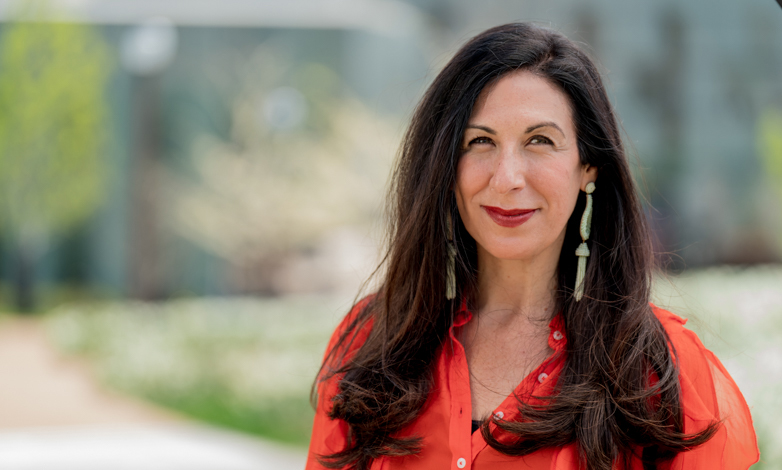A group-based curriculum called Journey of Life (JoL) — delivered over 12 sessions in the Kiryandongo refugee settlement in Uganda — led to improvements in mental health, social support, parental warmth and attitudes around violence against children, finds a new study from the Brown School.

This study highlights the crucial role refugee caregivers play in mitigating the impacts of forced displacement on children,
said Lindsay Stark, a professor at the Brown School at Washington University in St. Louis and an expert on the protection and well-being of women and children in situations of extreme adversity.
“Caregivers serve as primary buffers against adversity, emphasizing the need to support their mental health and parenting practices,” said Stark, first author of the paper “Improving psychosocial well-being and parenting practices among refugees in Uganda: Results of the journey of life effectiveness trial,” published in March in the journal Cambridge Prisms: Global Mental Health.